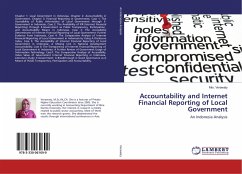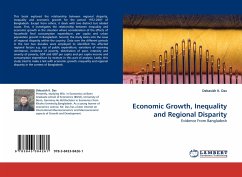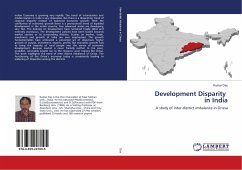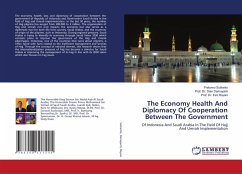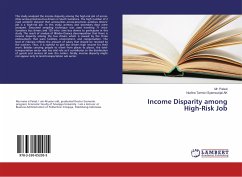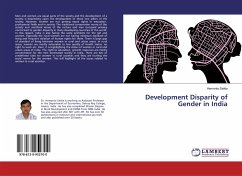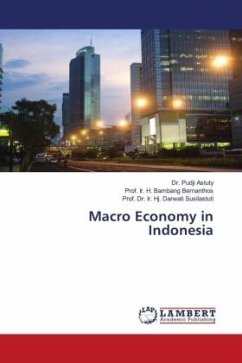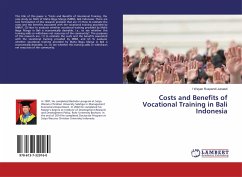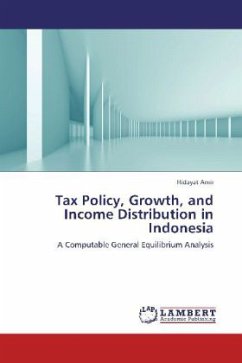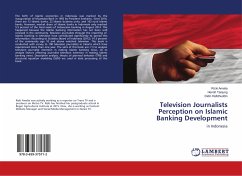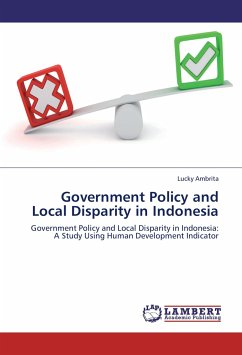
Government Policy and Local Disparity in Indonesia
Government Policy and Local Disparity in Indonesia: A Study Using Human Development Indicator
Versandkostenfrei!
Versandfertig in 6-10 Tagen
32,99 €
inkl. MwSt.

PAYBACK Punkte
16 °P sammeln!
It is not easy to overcome poverty in Indonesia, which consists of 33 provinces, 401 districts and 97 cities that have different characteristics from each region on social culture and geographical barrier. For three decades, various efforts have been made to reduce poverty in Indonesia through some approaches, such as; 1). basic needs approach, 2). income approach, 3). human capability approach, and 4). welfare approach. This study examines Bappenas approaches to poverty on the basis of international theoretical debates on human development and tests some indicators to evaluate disparity at pr...
It is not easy to overcome poverty in Indonesia, which consists of 33 provinces, 401 districts and 97 cities that have different characteristics from each region on social culture and geographical barrier. For three decades, various efforts have been made to reduce poverty in Indonesia through some approaches, such as; 1). basic needs approach, 2). income approach, 3). human capability approach, and 4). welfare approach. This study examines Bappenas approaches to poverty on the basis of international theoretical debates on human development and tests some indicators to evaluate disparity at provincial level. Human Development Index (HDI) is one indicator of development that can be used to analyze the comparative socio-economic development status of a region and also describe human development in that region. If we depend heavily on GRDP per capita when discussing rural poverty and disparity in Indonesia, it may result in a misleading picture of the provincial status in Indonesia.



